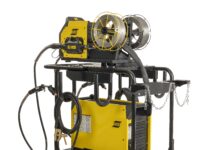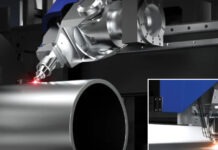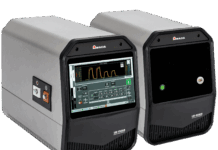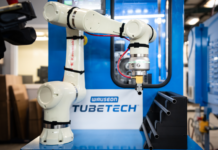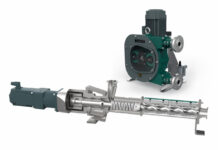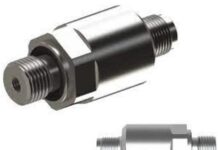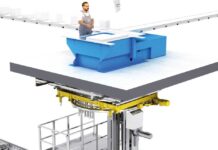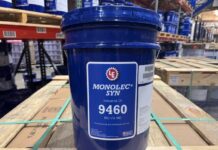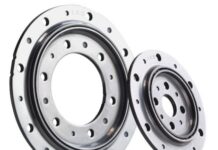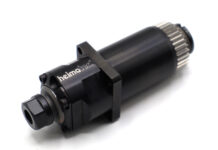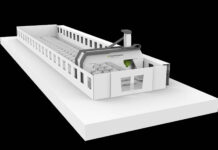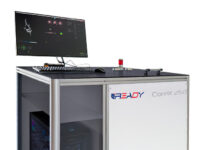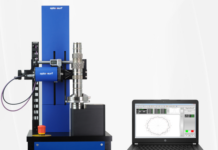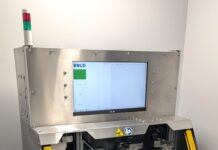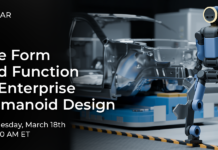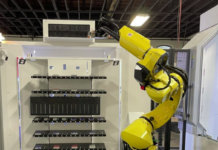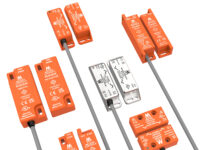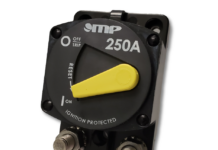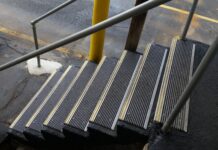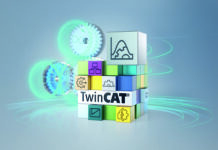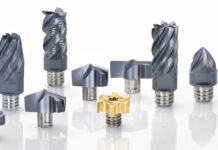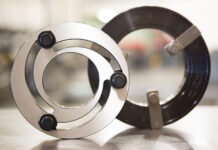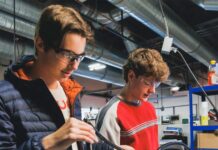Enhanced Speed and Toughness with New CB7105 and CB7115 Hard Turning Grades
To help manufacturers enjoy benefits such as reduced cycle times and greater tool life when performing hard part turning, Sandvik Coromant has strengthened its existing offer in the ISO H05 to H15 application area with the introduction of two new grades, CB7105 and CB7115. The grades will be of particular benefit to those machining transmission components for the automotive industry, where lower cost per part can be achieved.
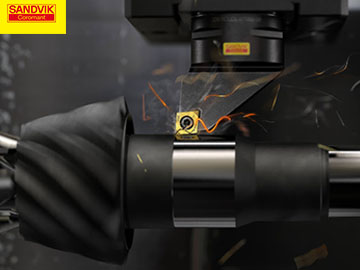
Hard part turning has been proven to reduce machining time and costs by 70% or more in comparison with conventional grinding techniques, while also offering improved flexibility, better lead-times and higher quality. However, these gains can only be realized using optimized insert grades. With CB7105, Sandvik Coromant has created a grade for hard part turning that offers enhanced crater wear resistance in comparison with existing solutions, while CB7115 is designed to provide users with better fracture resistance than today’s available grades. These benefits equate to higher speed and improved edge line toughness, respectively.
Hard part turning is usually a finishing or semi-finishing process where typical machining challenges include high surface and dimensional tolerance demands, along with competitive tool life. CB7105 and CB7115 have been developed to tackle these challenges through the application of a high performing PCBN grade material and coating as well as appropriately adjusted edge preparation on the inserts. In combination with high quality control during insert manufacturing, this results in a number of end user benefits.
“CB7105 allows machine shops to achieve lower cost per part when used as part of a high speed machining strategy,” states Torbjörn Ågren, Product Manager, Turning at SandvikCoromant. “Alternatively, users of this grade can benefit from longer tool life at lower speeds. CB7115 is also designed to deliver lower cost per component, typically though the adoption of one-cut strategies at higher speeds.”
A case in point saw one trial site increase production of case-hardened 16MnCrS5 (HRc 57-62) automotive components by at least 15% after switching to CB7105 and CB7115. In fact, CB7115 surpassed 600 components (at 0.15 minutes time-in-cut) with predictable surface generation and lower Rz value. The cutting speed was 170 m/min (557 ft/min), while feed rate was 0.22 mm/rev (0.008 inch/rev) with a cutting depth of 0.15 mm (0.006 inch).
Ultimately, reliable and predictable machining is always the aim when it comes to machining case-hardened or induction-hardened steel components such as transmission shafts and gears. CB7105 and CB7115 offer updated PCBN material, edge preparations and improved edge-line quality to ensure better and more predictable tool life and edge-line security.
Sandvik Coromant
Part of global industrial engineering group Sandvik, Sandvik Coromant is at the forefront of manufacturing tools, machining solutions and knowledge that drive industry standards and innovations demanded by the metalworking industry now and into the next industrial era. Educational support, extensive R&D investment and strong customer partnerships ensure the development of machining technologies that change, lead and drive the future of manufacturing. Sandvik Coromant owns over 3100 patents worldwide, employs over 8,500 staff, and is represented in 150 countries.
For more information, visit www.sandvik.coromant.com.

